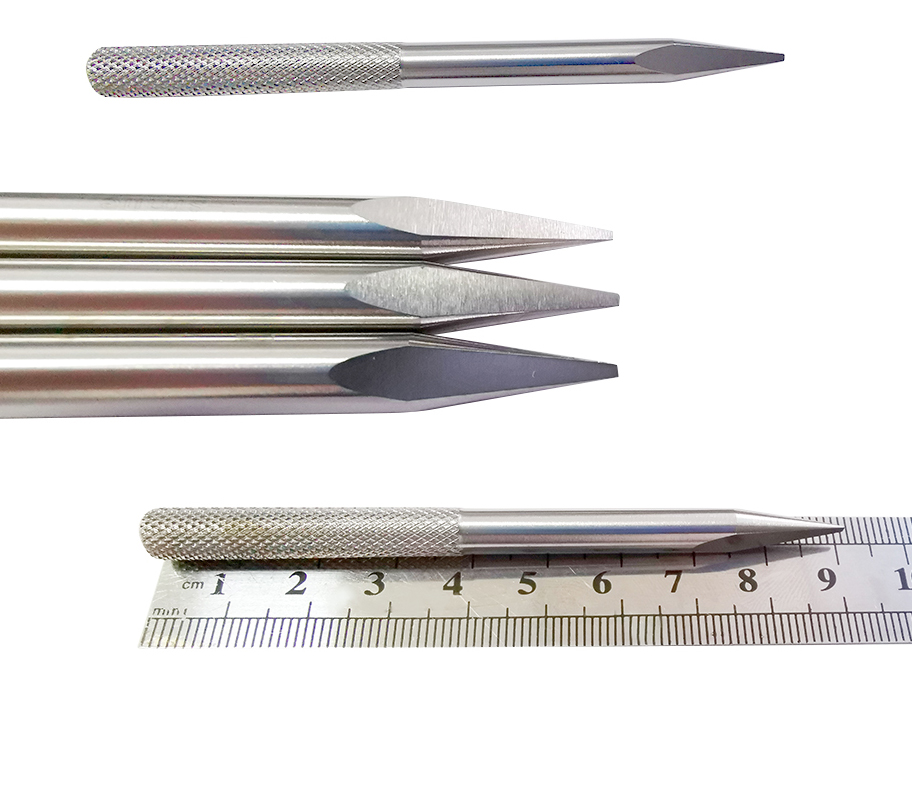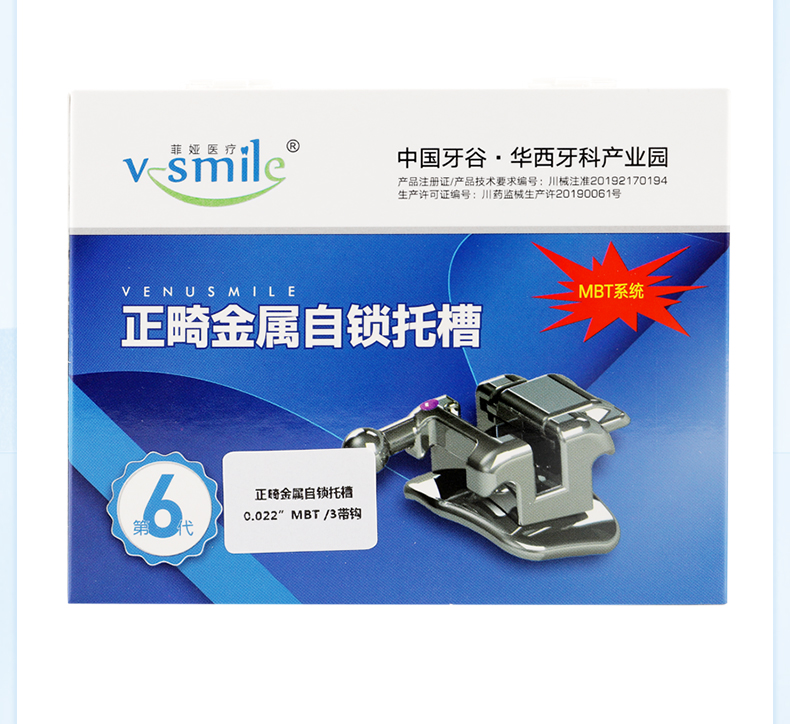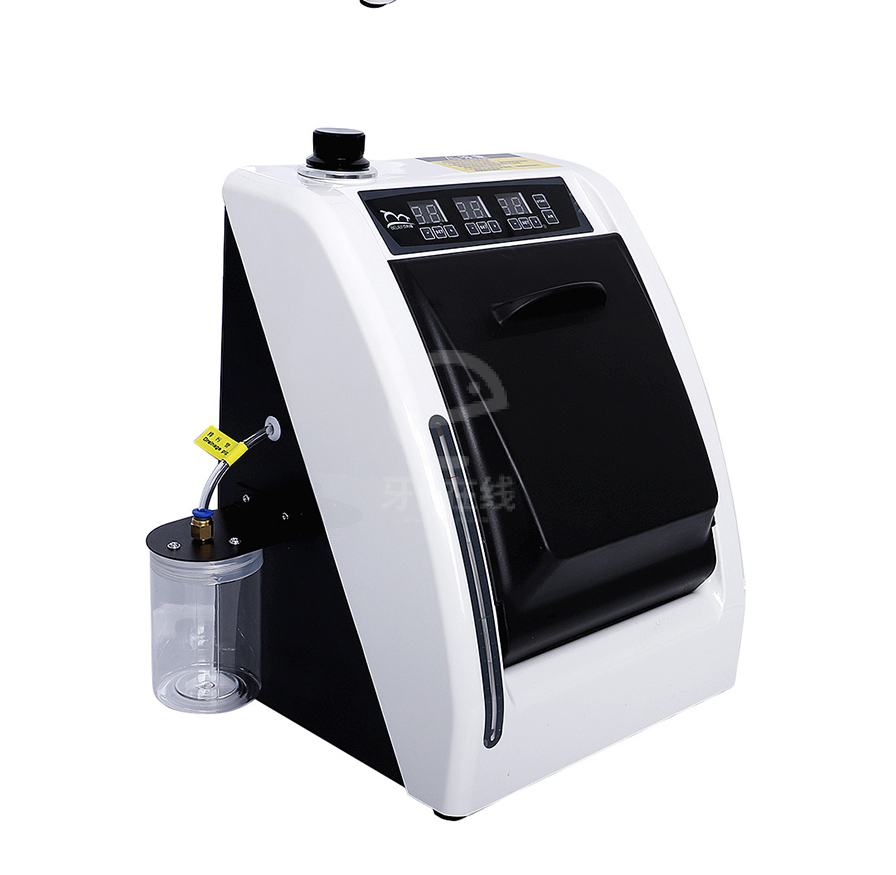názov a použitie zubných nástrojov
Zubné nástroje predstavujú dôležitú škálu špecializovaných nástrojov určených na rôzne zubné procedúry a vyšetrenia. Tieto nástroje zahŕňajú základné položky, ako sú ústne zrkadlá, sondačky, sondy, škárovačky, exkavátory a klešte, pričom každý z nich plní špecifické funkcie v zubnej starostlivosti. Ústne zrkadlá umožňujú zubným lekárom vyšetrenie ťažko dostupných častí úst a zároveň poskytujú nepriame videnie a osvetlenie. Sondačky a sondy slúžia na detekciu kariesu, zubného kamena a iných zubných odchýlok pomocou hmatového vyšetrenia. Škárovačky sú základné pre odstraňovanie plaku a zubného kamena zo zubných plôch, zatiaľ čo exkavátory pomáhajú pri odstraňovaní zubného kariesu a priprave dutín na výplň. Klešte, ktoré sú dostupné v rôznych dizajnoch, sa používajú na výbery zubov. Moderné zubné nástroje často disponujú ergonomickým dizajnom, pričom využívajú pokročilé materiály, ako chirurgickú oceľ triedy špeciál pre trvanlivosť a kompatibilitu so sterilizáciou. Mnohé nástroje teraz obsahujú vylepšené rukoväte pre lepšiu kontrolu a zníženie únavy ruky počas dlhších zákrokov. Technologický pokrok výrobe zubných nástrojov viedol k zvýšenej presnosti, pohodliu pacientov a výsledkom liečby, čo robí tieto nástroje nepostrádatelnými v modernej stomatológii.


